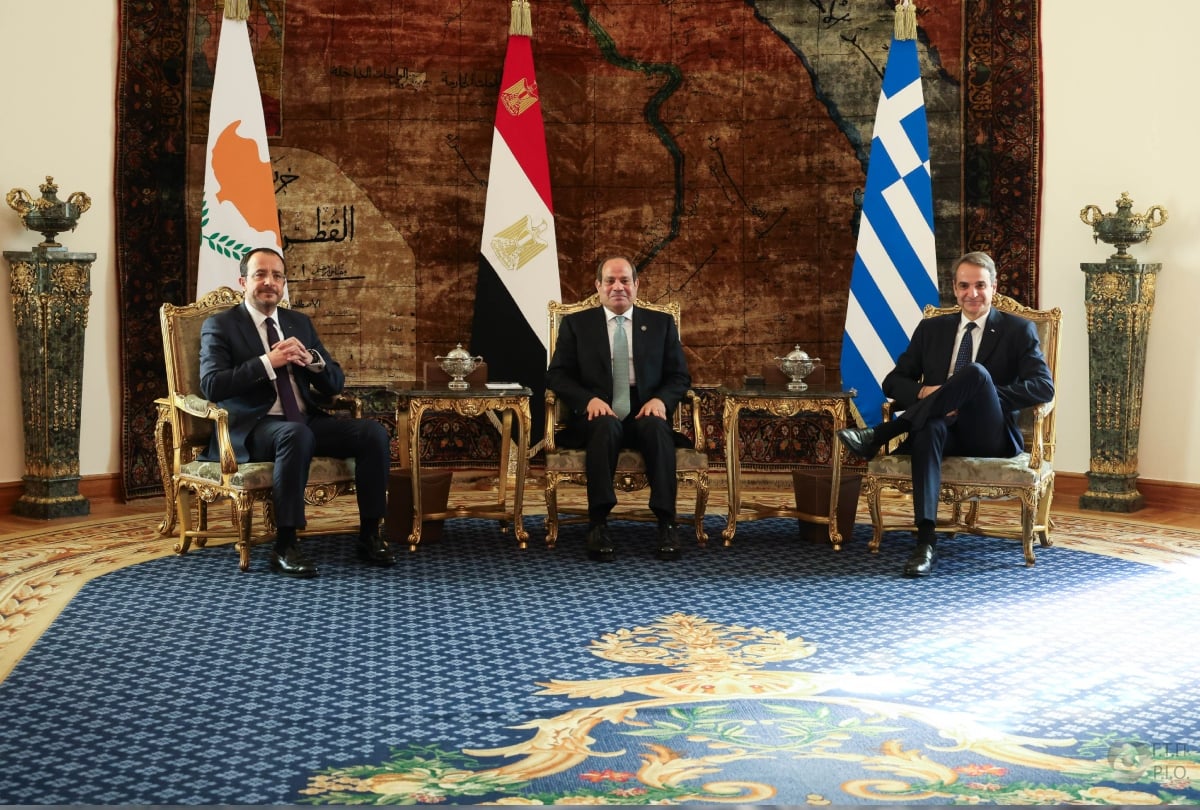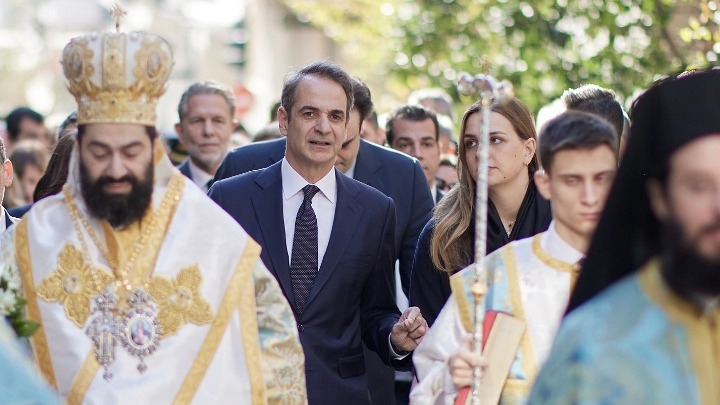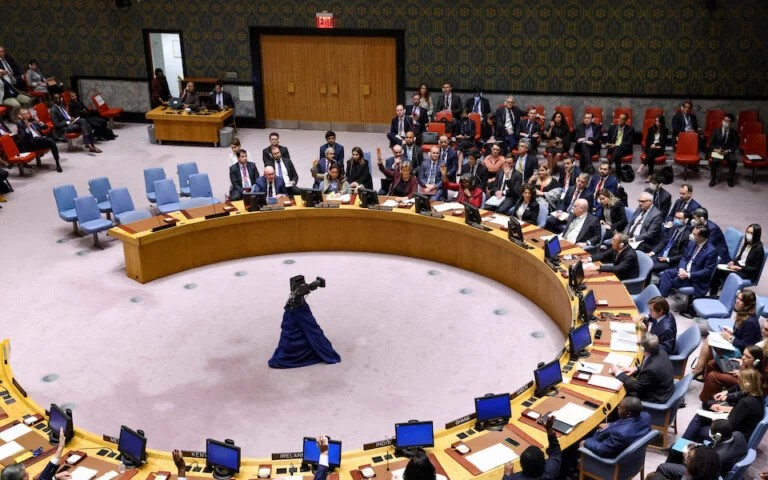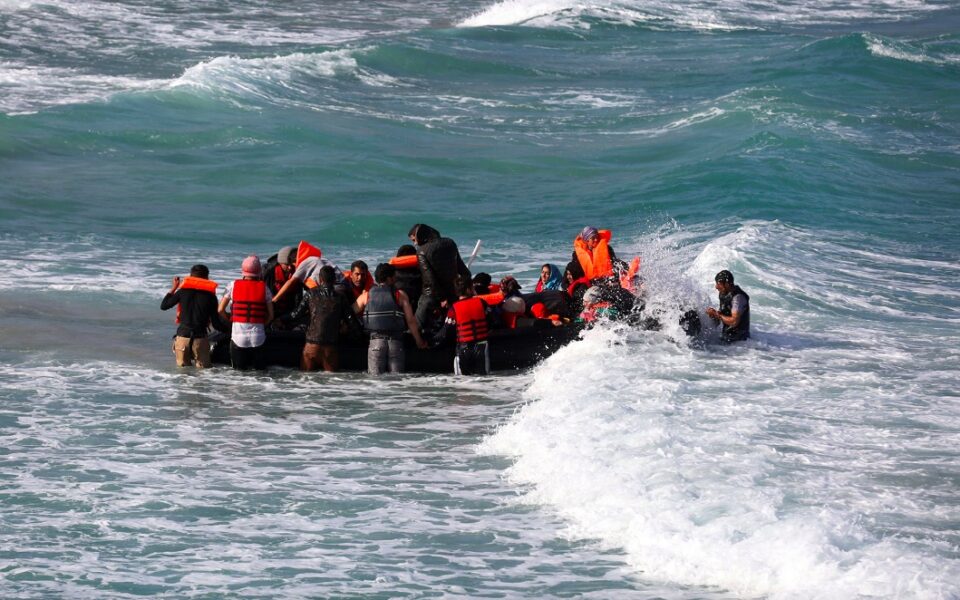Ukraine: The EU must open its doors
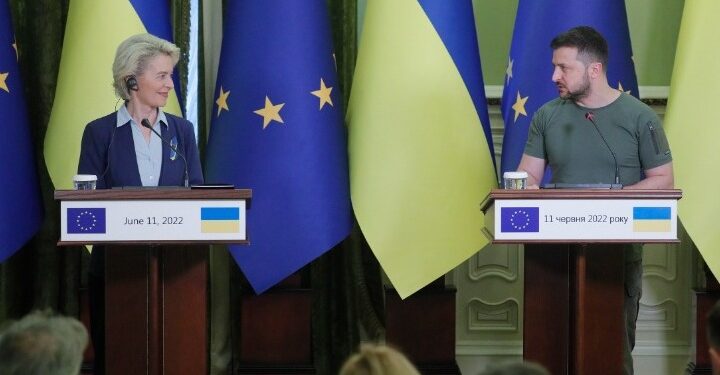

A total consensus seems in place among EU leaders, as they convene today. The two-day summit will discuss Ukraine’s bid to become a candidate for membership. All-Union leaders support its candidate status. Even Viktor Orban, Hungary’s pro-Russian illiberal president, has pledged no opposition.
Ukraine’s President, Volodymyr Zelensky, submitted an application for EU membership on February 29, five days after Russia launched a full-scale invasion. Given the circumstances, he asked for the country to be fast-tracked into joining. The fast-track course was rejected, but a regular accession process will certainly get the green light in the ongoing summit.
Ukraine is one of Europe’s poorest countries. However, its determination to join the EU is dictated by political, not economic, criteria: European integration is, for the vast majority of Ukrainians, a question of identity and belonging.
For over two decades, Russia attempted to force Ukraine to remain an integral part of the “Russian World” – a civilizational and political space of the Eastern Slavic world centered on Moscow, with the Kremlin as its ultimate decision-maker. In its “Russian World” narrative, the Kremlin has repeatedly – and vocally! – denied that Ukrainians are a nation separate from Russians, with a different history, distinct language, culture, and national identity; it has also denied their right to statehood.
Let us not forget how Russia has directly interfered in and hijacked Ukraine’s political life in the very recent past. During the 2004 presidential election, it coordinated an operation of extensive electoral fraud, aiming to secure its preferred candidate would win. The rigging led to the Orange Revolution.
It was precisely the country’s European orientation that triggered a second uprising, the Revolution of Dignity, in 2014. Pro-Russian president Yanukovich ignored a parliament decision calling for an association agreement with the EU; he promoted economic integration with Russia and its allies instead. The Revolution of Dignity and the downfall of Yanukovich led to the first Russian invasion of Ukraine and the occupation of Crimea and parts of the Donbas region. Moscow tried to enforce Ukraine’s place in the Russian Word with armed force after indirect political meddling failed to produce the desired results. The West watched, stunned, and did nothing.
At the same time, the Kremlin used alternative geopolitical channels to ensure Ukraine’s dependency. One of those channels is the Moscow Patriarchate, which, Russia insists, has exclusive jurisdiction over Ukraine’s Orthodox faithful.
Moscow reacted with particular vehemence when the Ecumenical Patriarchate of Constantinople created an “autocephalous” (i.e. independent) Orthodox Church of Ukraine. Granting the country its spiritual emancipation would lessen Moscow’s ability to use the local pulpits as mouthpieces of the “Russian World” narrative.
Putin’s hopes of a “short, sharp, shock” intervention to oust Kyiv’s government, take over the capital, and enforce his will by the gun have been shattered. Neither he nor anybody else, really, expected Ukrainians to resist so fiercely. But they did, and they did so alone.
Meanwhile, an internal rebellion of faithful and priests has led to the local branch of the Russian Orthodox Church severing ties with Moscow. That church will no longer serve its role as a geopolitical agent for the “Russian World”. It’s game over for Russia’s attempts to manipulate Ukrainian Orthodoxy.
Already from 2014, the fighting against Russian invaders in Ukraine took on the form of a culture war. It pits pro-European adherents of liberal democracy and political freedoms against supporters of the Kremlin’s autocratic, militaristic vision of the world.
Despite what many (supposedly) “pro-peace” activists and politicians in the West insist, a policy of appeasement will not contain Putin. Such a suicidal policy was tried and tested in Europe in the 1930s with tragic results. It was tried without any success by the West after Putin’s invasions of Georgia (2008) and Ukraine (2014), again, without results.
Ukrainians managed to repel the invaders in Kyiv and the North of the country. However, large swathes of Southern and Eastern Ukraine are under Russian occupation, faced with the prospect of turning into a “frozen conflict” zone, a huge Abkhazia dangerously close to the center of Europe.
No country wants to find itself in Ukraine’s position. Moldova and Georgia, much smaller than Ukraine, have both suffered Russian military interventions in the past (directly or by proxies). Horrified at the current invasion, they both rushed to submit their candidacy to join the EU.
European leaders should no longer have any illusions of “appeasing” Putin. They should not collectively submit to the “fear of Russia”. The EU, after all, is a political, not a military project. No military necessity dictates the stalling of Ukraine’s application and no, the recognition of candidate status does not “threaten” Russia’s security. After all, it will take years – at least 15, as per recent announcements – for Ukraine to accede to full membership.
Ukrainians have the freedom to choose their allies, their political culture, and their place on the international stage. They have won that freedom with the ultimate sacrifice – spilling their blood”. The EU should respect that freedom and open its door, even if, for the time being, the opening is largely symbolic.
*Alex Massavetas’ book “The Third Rome: Moscow and World Orthodoxy” (Patakis, Greek) studies Russia’s “geopolitics of Orthodoxy”
Source: orthodoxtimes.com


